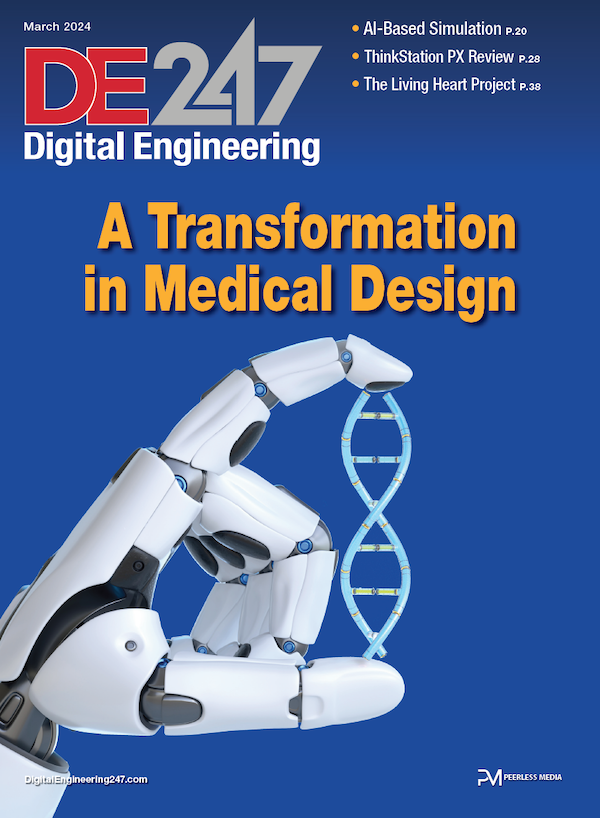Creating Climate-Sensitive Community
Student Competition: APWA and Future City STEM Competition

With a focus on combating climate change, team “Longnu” designed an innovative way to tackle rising sea levels. Image courtesy of Jim Romeo
Latest News
August 24, 2023
The American Public Works Association (APWA) sponsors the National Special Award of the Future City Competition, a program of DiscoverE, a nonprofit dedicated to providing global resources, programs and connections between students (K-12) and engineers and science, technology, engineering and math (STEM) professionals.
We spoke with Keith Pugh, APWA president, to learn more about this competition. We also received input from Marty Williams, government affairs manager at APWA. Here’s how our conversation went:
Digital Engineering: Can you provide an overview of the competition?
Keith Pugh: Future City is a hands-on cross-curricular educational program that brings STEM to life for students. The Future City Competition is open to sixth, seventh and eighth grade STEM students. The competition gives students the opportunity to experience firsthand what engineers do by designing a futuristic city with innovative solutions to some of today’s most pressing issues.
Student teams, along with an educator and volunteer STEM mentor, research and design a solution to a citywide issue that changes each year. This year’s theme—climate change—challenged students to choose a climate change impact and design one innovative and futuristic climate-change adaptation and one mitigation strategy to keep their residents healthy and safe.
Future City students learn the value of math, science and more. Eighty-five percent of students reported that Future City helped them see that math and science are important to their future.

DE: Who participated in the 31st Annual Future City Competition and what was the competition about?
Pugh: More than 55,000 students competed from 37 regions in the U.S. and three regions from China. The competition ran from September 2022 through February 2023. Winners were announced February 21, 2023, in Washington, D.C.
Competing teams are judged by panels of volunteers from the STEM and design communities on five deliverables including:
- A project plan: Students complete a four-part plan to help them organize their project
- A city essay: Teams have 1,500 words to describe their futuristic city and solutions to the climate change challenge
- A city model: With only a $100 budget, teams creatively repurpose recycled materials to build a scale model of their city
- A city presentation: Where teams have up to 7 minutes to present their city
- A Q&A session: Teams have an 8-minute session with judges from the engineering, technical and city design fields.
Sponsoring the Advancing Quality of Life for All Award has allowed APWA to engage with future engineers and scientists and support APWA’s vision of advancing quality of life for all.
Marty Williams: I was impressed with the design layout as there was a focus on how this future city would mitigate the potential impact of weather/climate. Creating a community that could adjust its landscape to reduce damage caused by less-than-ideal weather, particularly flooding, was a novel approach. I would again like to recognize and congratulate all the students for submitting such innovative designs and it certainly gives me hope for the future.
Subscribe to our FREE magazine, FREE email newsletters or both!
Latest News
About the Author
Jim Romeo is a freelance writer based in Chesapeake, VA. Send e-mail about this article to [email protected].
Follow DE





